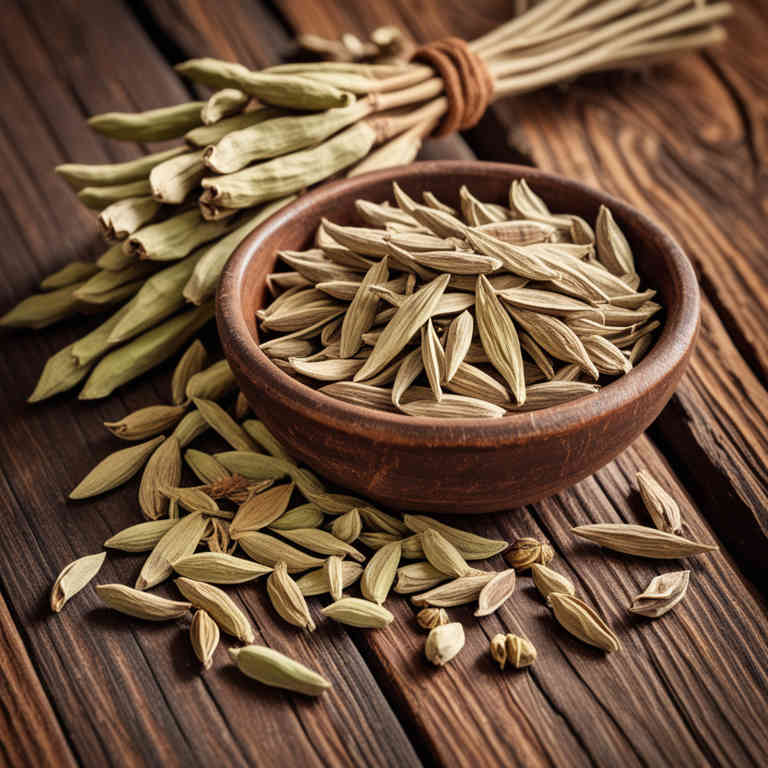10 Best Elettaria Cardamomum Preparations

The best medicinal preparations of Elettaria cardamomum are teas, decoctions, tinctures, capsules, and essential oils, each offering unique benefits for health and wellness.
Cardamom tea is commonly used to aid digestion and soothe the stomach, while decoctions extract its potent compounds for more intense therapeutic effects.
Tinctures provide a concentrated form that can be taken orally for respiratory or digestive support.
Capsules offer a convenient and standardized way to consume cardamom for its antioxidant and anti-inflammatory properties.
Essential oils derived from cardamom are often used in aromatherapy to promote relaxation and improve mental clarity.
Below there's a list of the 10 best herbal preparations of elettaria cardamomum for medicinal purposes.
1. Teas
Elettaria cardamomum teas is commonly used to aid digestion, relieve nausea, and reduce bloating.
It is also used to treat respiratory conditions such as coughs and asthma due to its expectorant properties. The most common medicinal uses include alleviating gastrointestinal discomfort, reducing inflammation, and promoting oral health. Bioactive constituents such as terpenes, alkaloids, and essential oils contribute to its therapeutic effects.
These compounds possess antimicrobial, antioxidant, and anti-inflammatory properties that support its traditional medicinal applications.
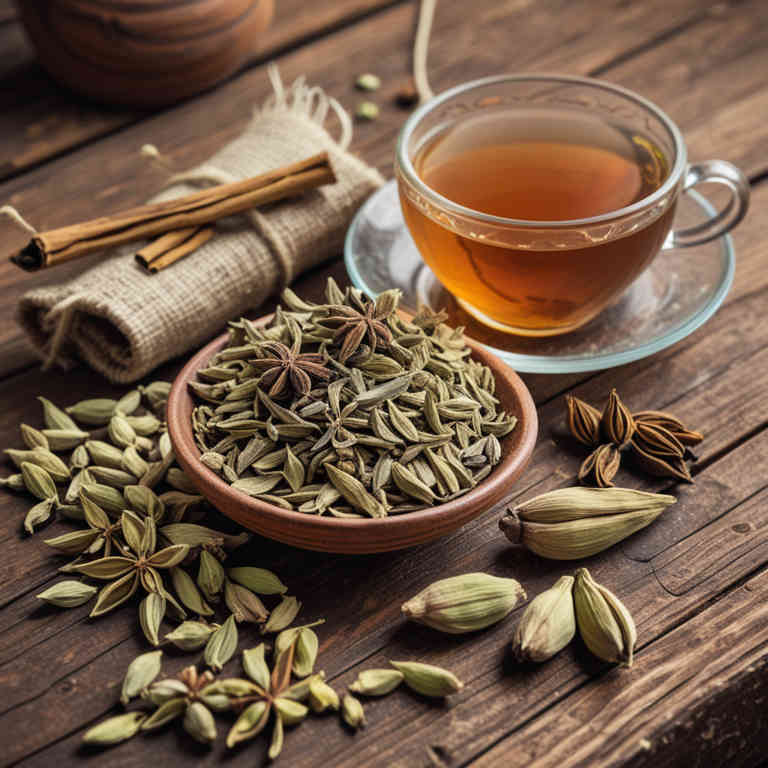
2. Decoctions
Elettaria cardamomum decoctions is commonly used to treat digestive disorders, respiratory issues, and oral health conditions.
These decoctions are often employed to alleviate symptoms such as indigestion, bloating, and nausea, as well as to soothe coughs and promote oral hygiene. The most common medicinal uses include treating gastrointestinal ailments, respiratory infections, and dental problems. The bioactive constituents responsible for these effects include terpenoids, alkaloids, and essential oils, which possess antimicrobial, anti-inflammatory, and carminative properties.
These compounds contribute to the plant's ability to support digestion, reduce inflammation, and combat microbial infections.
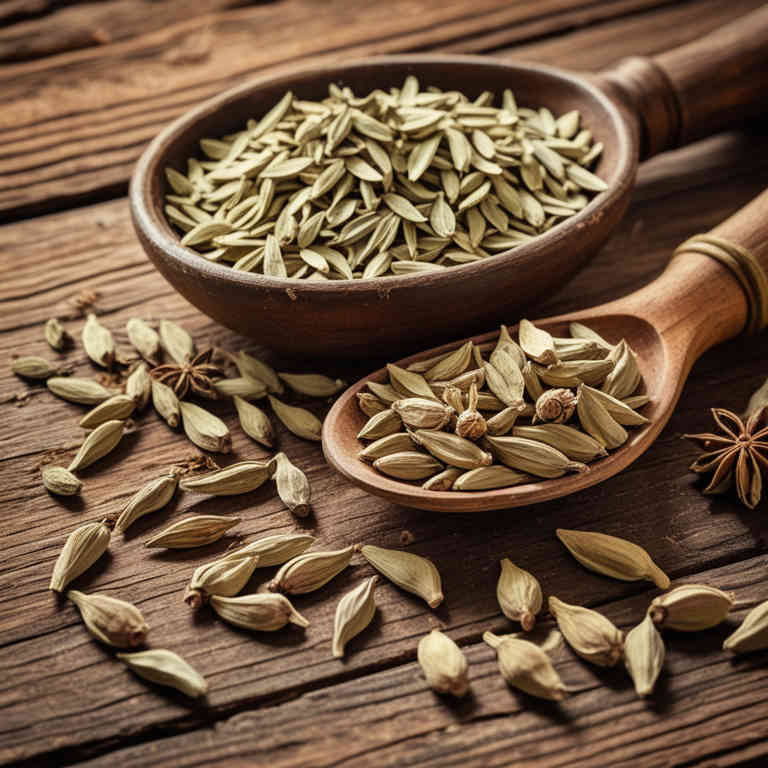
3. Tinctures
Elettaria cardamomum tinctures is commonly used to treat digestive issues, respiratory conditions, and as a natural remedy for stress and anxiety.
These tinctures are often employed to alleviate symptoms of indigestion, bloating, and nausea due to their carminative and antispasmodic properties. They are also used to relieve coughs, bronchitis, and other respiratory ailments because of their expectorant and anti-inflammatory effects. The bioactive constituents responsible for these medicinal properties include essential oils like cineole, limonene, and terpinenes, as well as alkaloids and flavonoids.
These compounds work synergistically to provide the plant's therapeutic benefits.
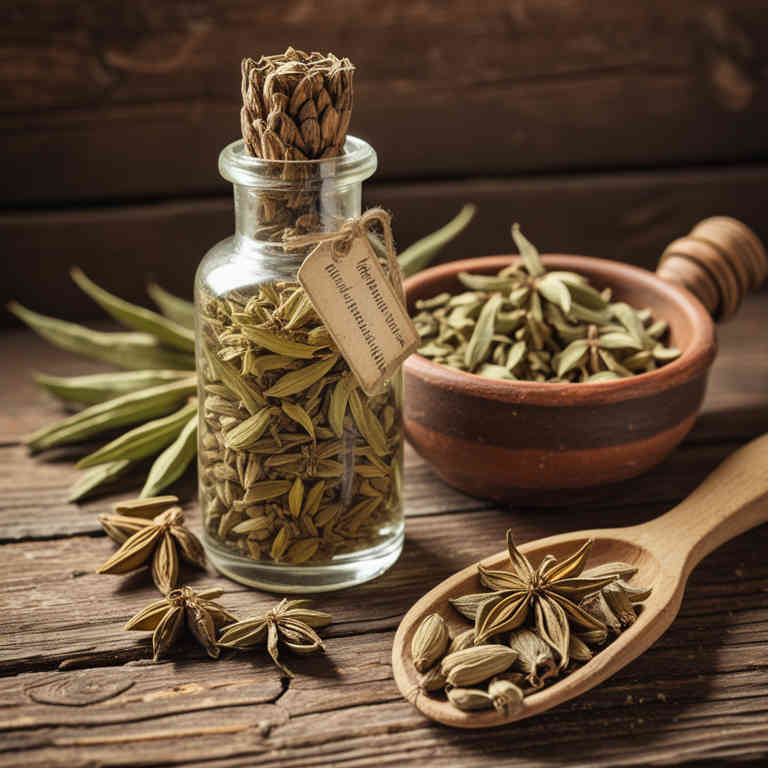
4. Capsules
Elettaria cardamomum capsules is commonly used to treat digestive disorders, respiratory issues, and oral health problems.
They are often used for ailments such as indigestion, bloating, nausea, coughs, and bad breath. The bioactive constituents responsible for these effects include essential oils like cineole and limonene, as well as compounds like cardamonin and methyl eugenol. These components possess antimicrobial, anti-inflammatory, and antioxidant properties.
Additionally, cardamom capsules may help in reducing stress and improving mental clarity due to their calming effects on the nervous system.
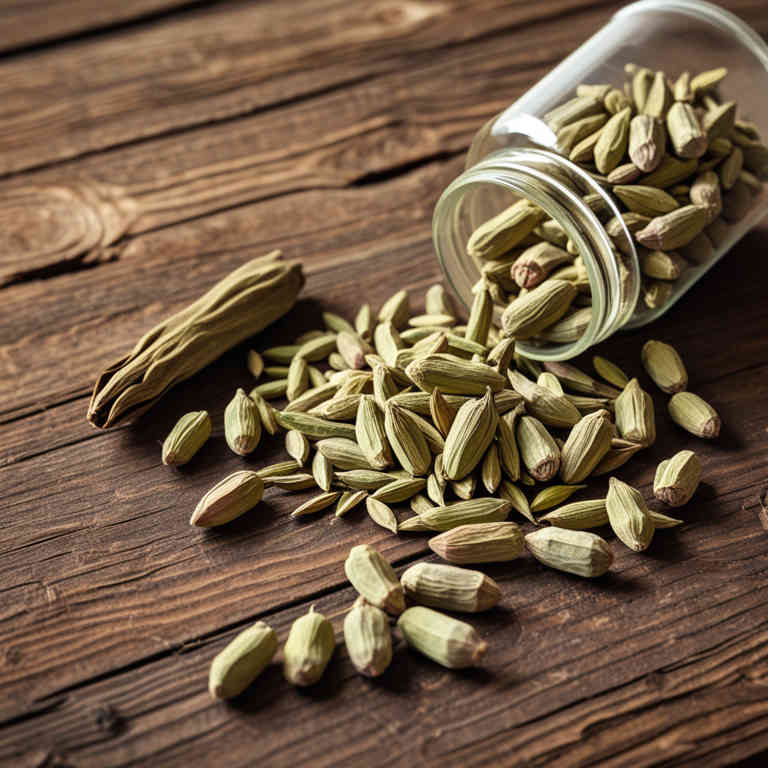
6. Syrups
Elettaria cardamomum syrups is commonly used to treat digestive issues, respiratory conditions, and as a mild sedative.
The most common medicinal uses include alleviating symptoms of indigestion, nausea, coughs, and sore throats, as well as promoting relaxation and improving sleep quality. The bioactive constituents responsible for these effects include essential oils like cineole and limonene, along with compounds such as cardamomine and flavonoids, which have anti-inflammatory, antioxidant, and antimicrobial properties. These components work together to soothe the gastrointestinal tract and reduce inflammation in the respiratory system.
Additionally, the aromatic compounds in cardamom syrups may help stimulate the release of digestive enzymes and ease breathing.
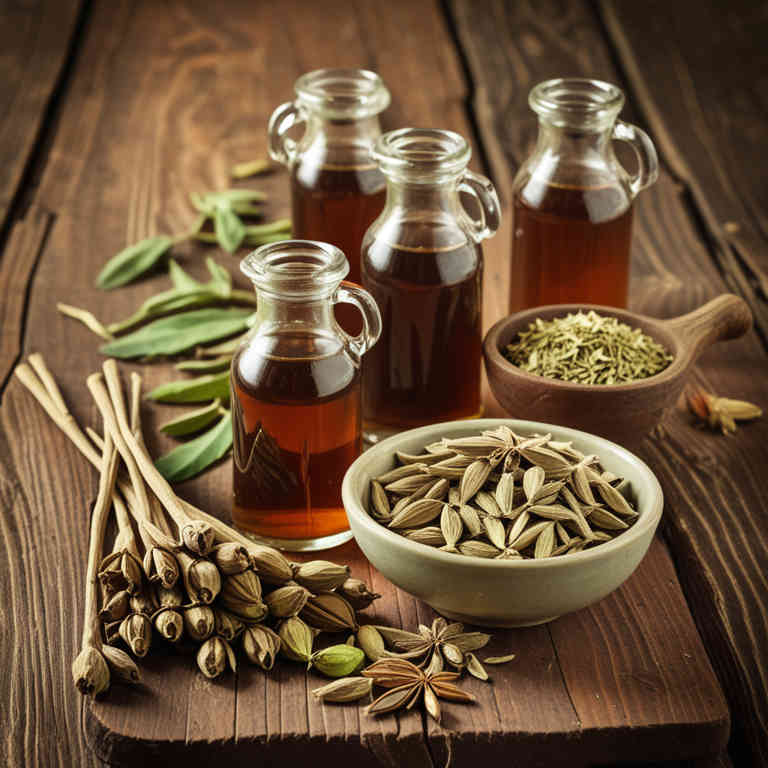
7. Lozenges
Elettaria cardamomum lozenges is commonly used to relieve symptoms of respiratory and digestive tract disorders.
These lozenges are often prescribed for treating coughs, sore throats, and inflammation of the mucous membranes. They are also used to alleviate nausea, bloating, and indigestion due to their carminative properties. The bioactive constituents responsible for these effects include essential oils like cineole, limonene, and terpinyl acetate, as well as flavonoids and phenolic compounds.
These compounds exhibit antimicrobial, anti-inflammatory, and antioxidant activities, contributing to the therapeutic benefits of cardamom lozenges.
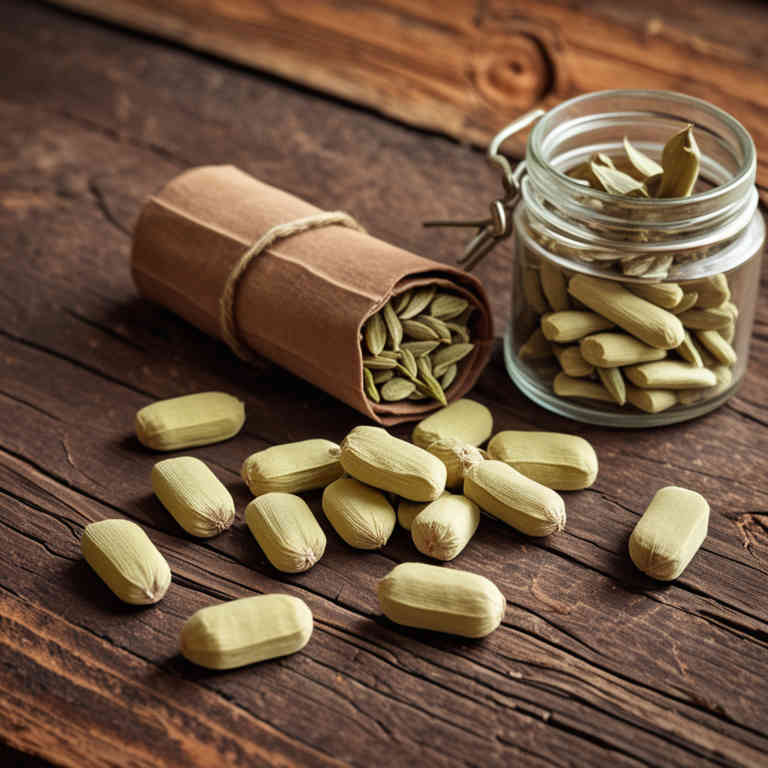
8. Oils
Elettaria cardamomum oils is commonly used to treat digestive disorders, respiratory issues, and as a natural remedy for stress and anxiety.
The essential oil derived from the cardamom plant is widely utilized in traditional medicine to alleviate symptoms of indigestion, bloating, and nausea. It is also employed in aromatherapy to relieve congestion and promote mental clarity. The bioactive constituents responsible for its medicinal properties include terpenes, phenolic compounds, and essential oils such as cineole and limonene.
These compounds exhibit antimicrobial, anti-inflammatory, and antioxidant effects, contributing to its therapeutic benefits.

9. Creams
Elettaria cardamomum creams is commonly used to relieve muscle pain, inflammation, and skin irritations due to its soothing and anti-inflammatory properties.
These creams are often applied topically to treat conditions such as arthritis, muscle strains, and eczema. The most common medicinal uses include reducing joint pain, alleviating digestive discomfort, and promoting oral health. The bioactive constituents responsible for these effects include essential oils like cineole, terpenes, and phenolic compounds, which have antimicrobial, anti-inflammatory, and analgesic properties.
These compounds work synergistically to provide the therapeutic benefits associated with cardamom-based preparations.
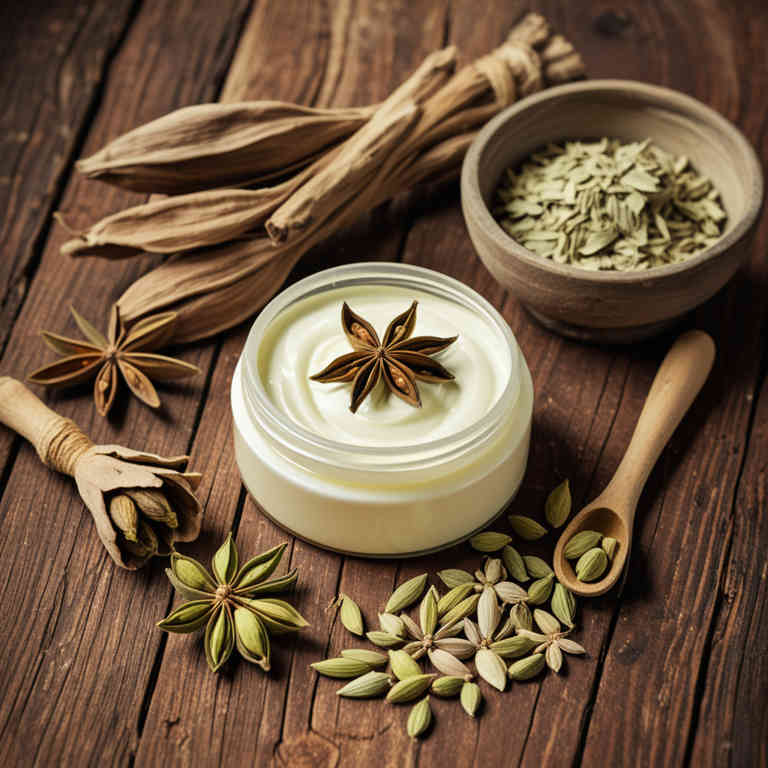
10. Linctuses
Elettaria cardamomum linctuses is commonly used to soothe respiratory conditions and alleviate coughing.
This herbal preparation is frequently employed to treat ailments such as bronchitis, asthma, and persistent coughs due to its expectorant and antispasmodic properties. The most common medicinal uses include relieving throat irritation, reducing mucus production, and easing symptoms of respiratory infections. The bioactive constituents responsible for these effects include terpenes, essential oils, and alkaloids, which possess anti-inflammatory, antimicrobial, and bronchodilator activities.
These compounds work synergistically to provide relief and support respiratory health.
